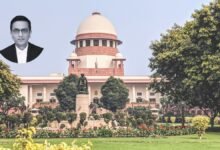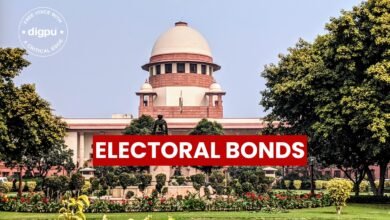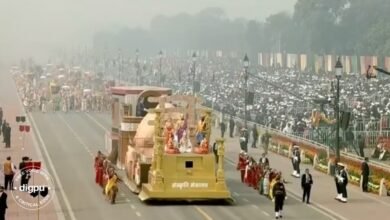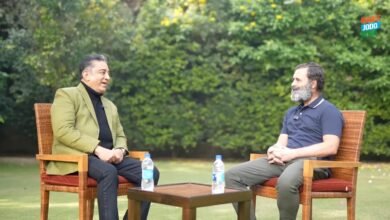Vaccine Prices In, and ‘Super Profits’ From a Global Tragedy – Business or Barbarism?
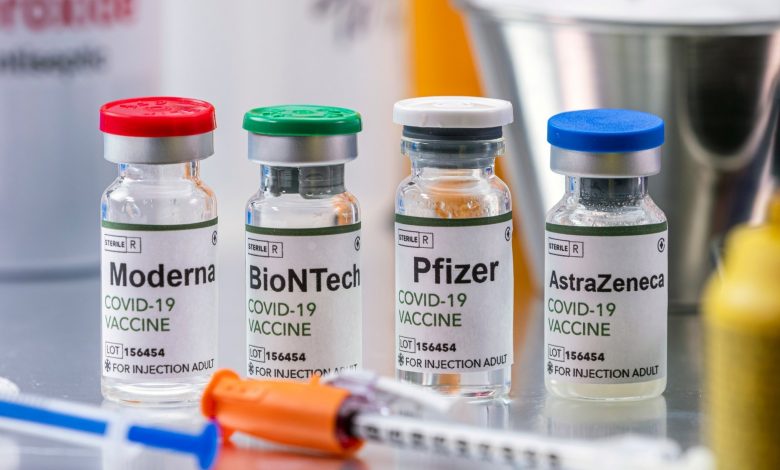
Even Bangladesh, according to Reuters, is paying an average of $4 per dose supplied by SII. The report then casts a shadow over how SII in Pune, which is merely manufacturing Covishield under a license developed by Oxford-Astra Zeneca on a contract basis, is charging such high rates in the midst of a virulent second wave raging in the country.
After facing severe flak over the issue of differential vaccine pricing, the Centre has clarified on April 24 that vaccines procured by the central government would continue to be provided free to the states. This clarification however comes in the wake of a major controversy that broke out over media reports that Indians could well end up paying the “highest price” in the world for a single dose of Covishield at ₹600 in private hospitals from May 1.
The Ministry of Health’s tweet that the GOI procurement price for both COVID-19 vaccines remains ₹150 per dose and the vaccines will continue to be provided “totally free” to the states, after media reports emerged about Covishield in India being the most expensive in the world. An Indian Express report has opened a can of worms by stating that Indians will be forking out more for a single dose of Covishield at ₹ 600 ($8) a dose than any other country in the world, including UK and USA. This exclusive pricing for private enterprises, which was recently announced by SII, translates to about $8 per shot and a Covishield rate card revealed that this is more than its price in any major global market.
Even the ₹400 procurement price — applicable to both state and new Central procurement orders — is higher than the price at which governments in countries such as the US, UK and in the European Union are sourcing directly from AstraZeneca, said the IE report. And, Indians may have to shell out ₹400 (or over $5.30) per dose from their own pockets if the states, already financially stressed with the ongoing pandemic, may not be able to absorb the costs and subsidise the vaccine shot. This means that a COVID shot will be cheapest at any central government facility but at state government centres and private hospitals, people have to pay more.
Quoting data compiled by the British Medical Journal, the IE report then said what other countries are paying for the vaccines: while the 27-nation EU, with its steep manufacturing costs, is paying just $2.15-$3.50 for a shot of the vaccine, the UK is paying about $3 per dose and the US at $4 per dose. Brazil is reportedly paying $3.15 per dose for the AZ vaccine through a state-owned foundation, which is another licenced producer like SII.
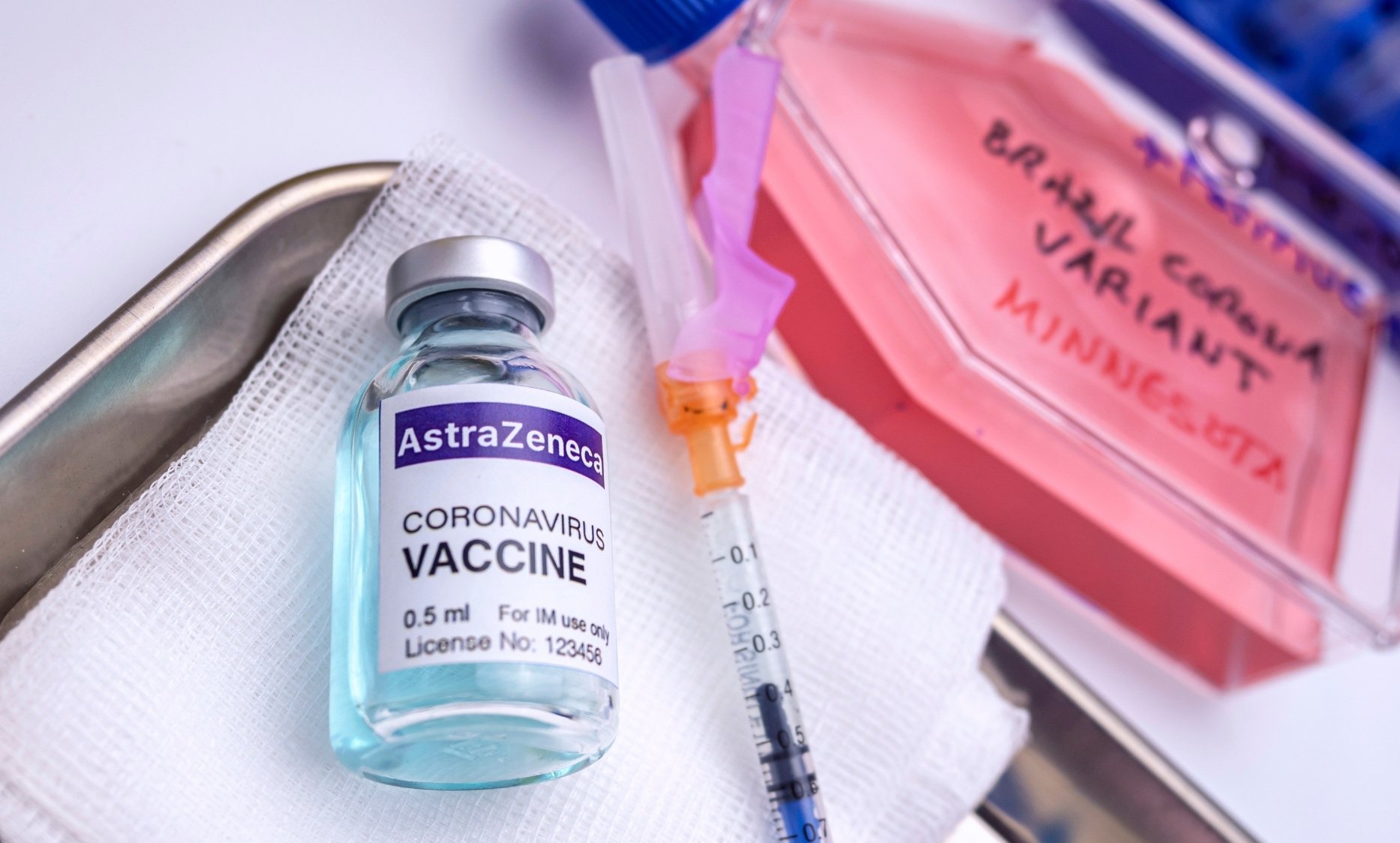
Even Bangladesh, according to Reuters, is paying an average of $4 per dose supplied by SII. The report then casts a shadow over how SII in Pune, which is merely manufacturing Covishield under a license developed by Oxford-Astra Zeneca on a contract basis, is charging such high rates in the midst of a virulent second wave raging in the country. However, the report quoted SII Adar Poonawalla’s interview with CNBC-TV18, in which he defended why Covishield’s price in India is now higher than in other countries. According to Poonwalla, their prices were negotiated “a long time ago” for limited quantities when there was uncertainty about its success. In SII’s defence, he had said that 50 per cent of his revenue has to be given to AstraZeneca as royalty and that is also why the price at ₹150 to the Centre was just not making sense.
In another television interview Poonawalla had said that the highly subsidised rate of ₹150 ($2.02) with GST he was giving to the Centre for a “limited time” was only because of a request from the “Modi government”. It is in this interview with NDTV he had said: “We’re supplying in India at approximately ₹ 150-160. The average price is around $20 (₹1,500) … (but) because of the Modi government’s request, we are providing at subsidised rates… It is not that we’re not making profits… but we are not making super profits, which is key to re-investing,” he told NDTV earlier this month.
Vaccine Price Table
| Vaccine/Origin | Price Per Dose (INR) | Approved in India |
| Covaxin/Indian | 295 | Yes |
| Covishield/Oxford-Astrazeneca | 200 (first 100 million doses to Central government) Thereafter 150 for Central Government, 400 for State governments and 600 for private individuals. | Yes |
| CoronaVac/Chinese | 4005 | No |
| Sputnik V/Russian | 740 | Yes |
| Moderna | 2348-2715 | No |
| Pfizer-BioNTech | 1431 | No |
Note: The prices for vaccines not approved are based on currency conversion of prices of these vaccines all over the world
In a tweet later, SII head Adar Poonawalla said, “As a philanthropic gesture on behalf of @SerumInstIndia, I hereby reduce the price to the states from Rs.400 to Rs.300 per dose, effective immediately; this will save thousands of crores of state funds going forward. This will enable more vaccinations and save countless lives.”
As a philanthropic gesture on behalf of @SerumInstIndia, I hereby reduce the price to the states from Rs.400 to Rs.300 per dose, effective immediately; this will save thousands of crores of state funds going forward. This will enable more vaccinations and save countless lives.
— Adar Poonawalla (@adarpoonawalla) April 28, 2021
Supreme Court Pulls Up Centre for Leaving Vaccine Prices in the Hands of Private Companies, Social Media Clampdown, Vaccine Drugs and Oxygen Supply
A Supreme Court Bench, headed by Justice DY Chandrachud on Friday, 30 April, warned the Centre and states against the alleged clampdowns on social media. The bench was presiding over a suo motu case on issues, such as shortage of essential drugs, vaccination, the oxygen crisis, and various other policies, in relation to the COVID-19 pandemic.
The top court presided by Justice Chandrachud, Justice Rao and Justice Bhat. Senior Advocates Jaideep Gupta and Meenakshi Arora join the hearing as amicus curiae. As quoted by Bar and Bench, the Supreme Court on Friday warned that no state should clamp down on information if citizens communicate their grievances on social media, adding that doing so will be treated as contempt of court.
We don’t want any clampdown of information. We will treat it as contempt of court if such grievance is considered for action. Let a strong message go to all the states and DGP of states. The clampdown of information is contrary to basic precepts. I flag this issue at the outset. We want to make it very clear that if citizens communicate their grievances on social media and the internet then it cannot be said its wrong information
Justice DY Chandrachud
SC told the Centre that there should be free flow of information, adding, “We should hear voices of citizens.” The court said it will also hear citizens crying for oxygen cylinders. “The ground situation in Delhi is, oxygen isn’t really available and it is the same in Gujarat and Maharashtra. The government has to tell us what difference will be there from today and the next day of the hearing,” Chandrachud said.
Justice Chandrachud started the hearing by noting that the SC’s role is to play a “dialogical role through judicial review so that the thought process is initiated by policy makers”. The top court highlighted certain issues, as reported by Bar and Bench.
- Can a mechanism be developed for real-time updates on the allocation of oxygen to hospitals?
- What are the restrictions like lockdown that the Centre had taken to curb the spread of Covid-19? What measures have been taken to make sure the supply of tankers and cylinders reach, especially the 800 tankers?
- What is the expected supply of vaccine? How do central and state governments enable vaccine registration for illiterates or don’t have access to the internet?
- What about vaccinating crematorium workers? Has the Centre considered invoking Section 92 of the Patents Act to grant compulsory licences in the face of an emergency like this?
- Why is the central government not buying 100 per cent of doses since it’s best placed to determine equity and disburse? When will the 50 per cent disbursal be sent? Whether procurement is done for Centre or states, it is for citizens. Why should there be two prices?
- Why is procurement centralised, but distribution decentralised?
- Will one state get priority access over another in getting the vaccines? Centre says 50 per cent will be procured by states for vaccines. How will the vaccine manufacturers ensure equity?
The court further suggested that the Centre should show the investments made by it to ramp up the manufacture of vaccines. “This will be the most important intervention by Central government when private manufacturers have been funded to produce vaccines,” Justice Chandrachud said.
Justice Chandrachud raised the pertinent issue of shortage of COVID medicines, noting how Maharashtra imported from Bangladesh under Section 107A of Patents Act.
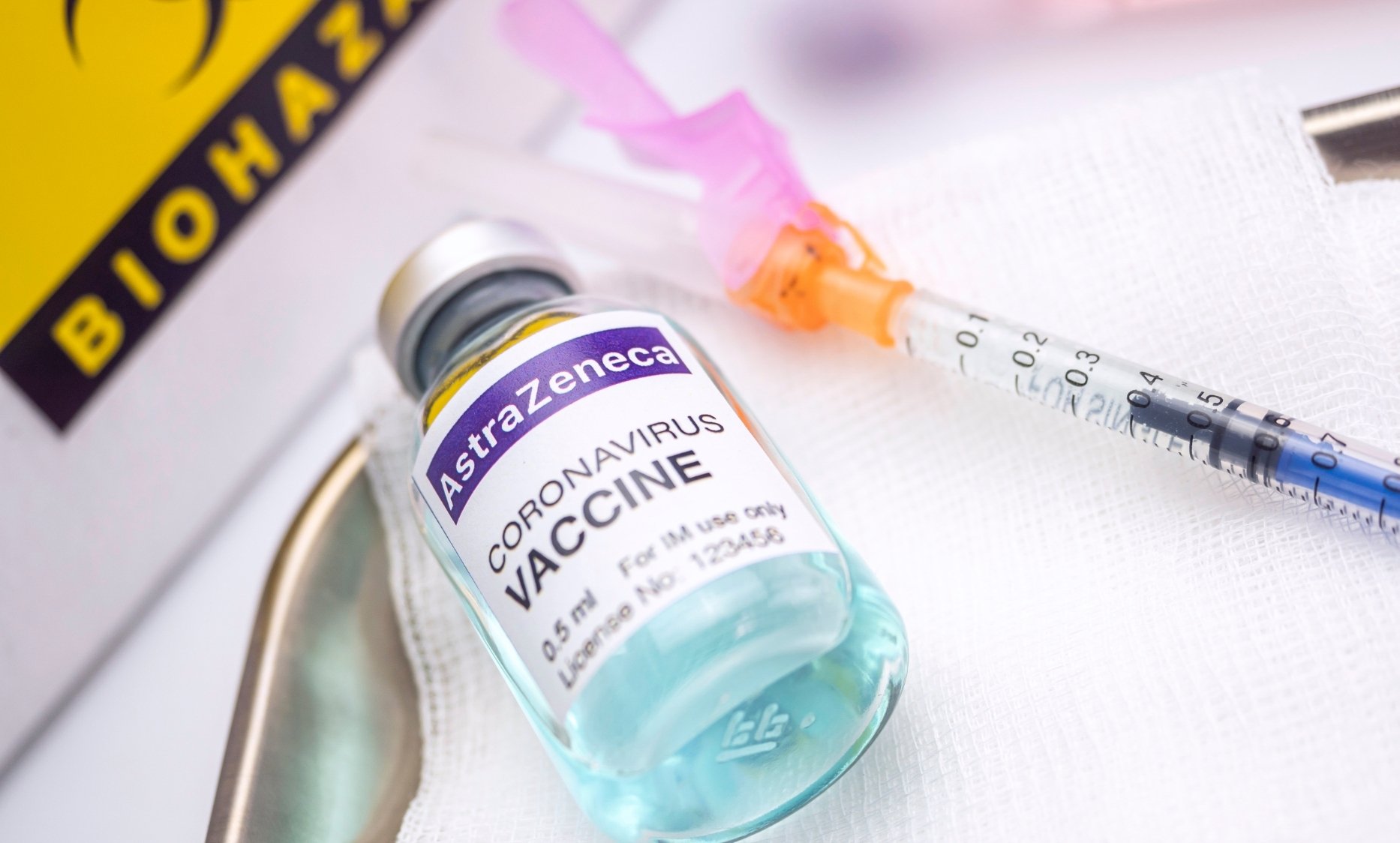
He asked whether the Centre had considered invoking Section 92 of the Patents Act so that drugs can be manufactured whilst the royalty is sorted out between the government and patentee. The top court judge asked how much increase in production and demand was there for Remdesivir from various states.
“Why should the court not issue directions under sections 100 and 92 to enable generics to manufacture these drugs without the fear of legal action? Is the logistical concern is more important than right to health,” asked Justice Chandrachud noting that “vaccine pricing is extremely important”?
Justice Bhat noted that manufacturers charge the Centre 150, but for states, it’s priced at 300 or 400. “Why should we, as a nation pay this, the price difference becomes Rs 30,000 crore- Rs 40,000 crore, even when we have paid for this. No point for price difference. We are not directing it, but you should look into it,” said Justice Bhat.
He added that this was a national emergency, and rules 19 and 20 of the Drugs Price Control order mandates the Centre to control the price of drugs, whether or not the states procure it from the Centre or the manufacturers.
Justice Chandrachud questioned the Centre on ensuring facilities for local capacity, and how it was supporting the infrastructure for states that can cope. He also asked how testing labs were tracking the second mutant variant of COVID, which he observed, was not getting detected in RTPCR tests. He noted how medical centres were driving away patients without a positive report or were otherwise charging very high amounts.
“How is this being regulated? What is the policy in place? How is the Centre trying to regulate the high cost being charged to admit and treat COVID patients? Has it been left to the states to determine the charges? What is being done when incorrect information is provided? Has any help line been set up,” asked the judge? If there is a shortage, how are temporary COVID treatment centres being set up, questioned the judge, pulling up the Centre on what guidelines for admittance of patience, as well as whether there is a policy of non-admission for those not infected with COVID.
The judge further asked how doctors are being safeguarded and treated for COVID and what protocol was in place for shortage of medical staff. “I would request all lawyers who are here not to treat this as adversarial litigation. These are all directions in areas where the court has to intervene. We are in a time of crisis. We are only trying to help the executive so that health of citizens is protected,” stated Justice Rao.
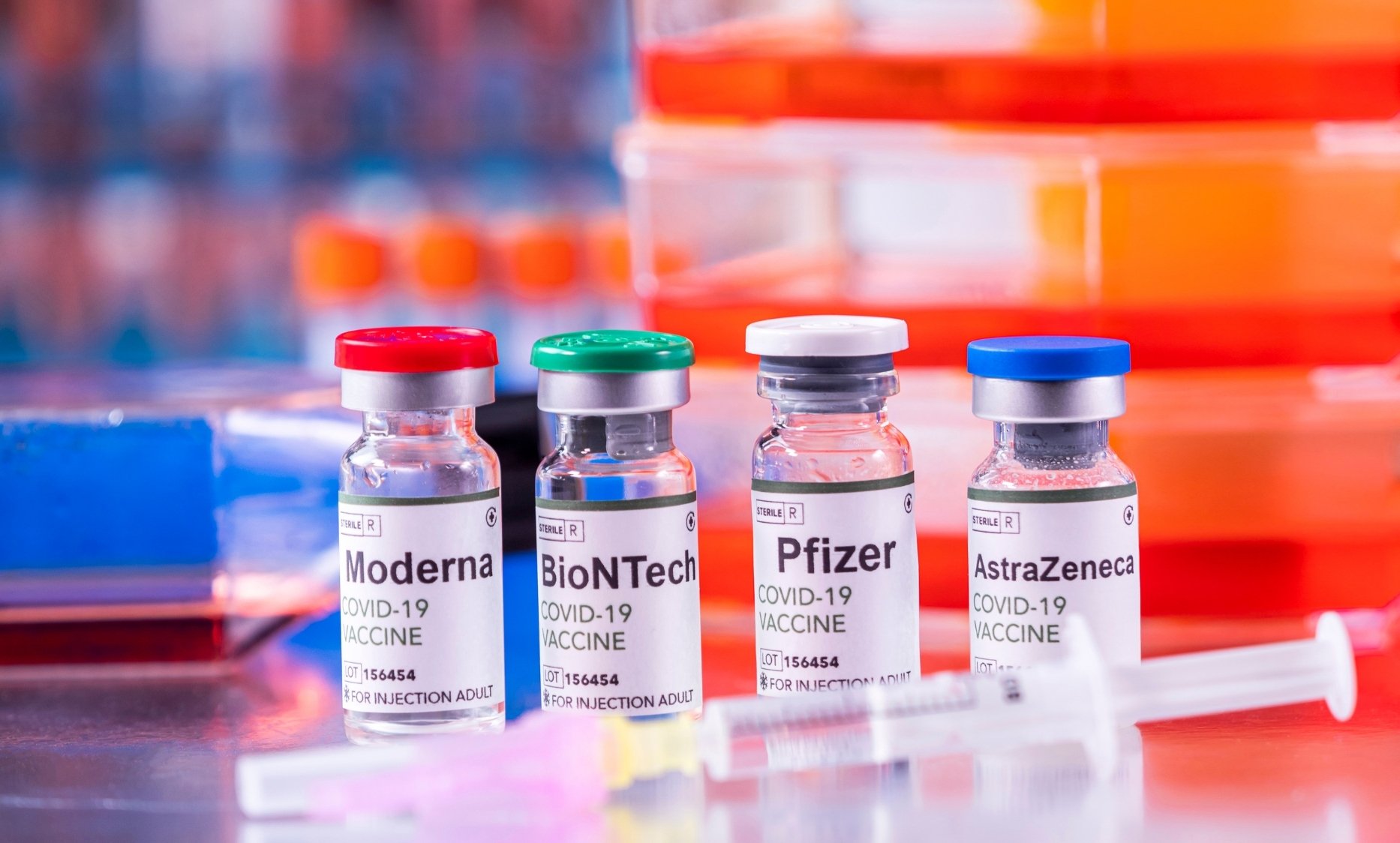
As chaos over the unavailability of vaccines and crumbling health infrastructure continues, at least 19 states and 1 UT have expressed the inability to start the vaccination drive for people in the age group of 18-44 from 1 May.
India on Friday reported 3,86,452 new COVID-19 cases, 3,498 deaths, and 2,97,540 discharges in the last 24 hours, as per the Union Health Ministry. The total cases in the country now stand at 1,87,62,976.
The Digpu News Bottomline
The government of India has announced vaccination for all above 18 years of age, after May 1 2021. However, there is an online registration process that is to be followed. Only 24% Indian population has access to internet according to a government report itself and around 28% people live below the poverty line.
How are these people going to get registered vaccinated?
How are these people going to get vaccinated?
Why were vaccine prices and distribution left in the hands of private companies?
Is the Central government trying make state government submit to it?
If SII is making profit at Rs.150/dose, why is the pricing of Rs.300/dose not being called absurd?
